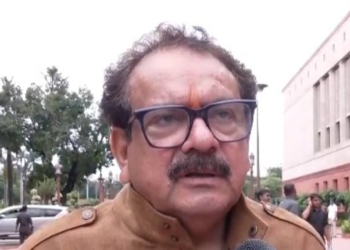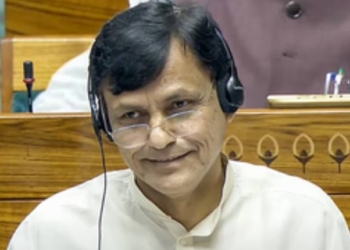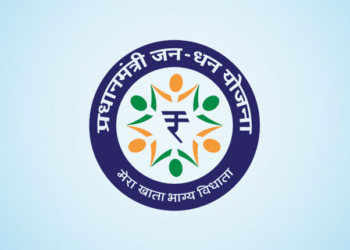New Delhi: The Congress has demanded that the Centre transfer the benefits of declining crude oil prices to the consumers.
While addressing a press conference here on Wednesday, Congress spokesperson Gourav Vallabh said that in March last year the price of crude oil was higher than what it is now, and the difference is Rs 16.75 per litre.
He said, “The cost of crude oil for India is Rs 36.68 per litre this month and the prices were Rs 53.45 last year. So the benefit should pass on to the consumers. But, the government is profiteering at the cost of the consumers.
“As per the data provided by the Ministry of Petroleum and Natural Gas (MoPNG), Government of India, the crude oil price (Indian Basket) in May 2022 was $109.5/bbl. As per the same source, the crude oil price (Indian Basket) on March 20, 2023, is $70.69/bbl.
“… In other words, we were getting crude oil at Rs 53.45/ ltr in May 2022, which got reduced to Rs 36.68/ ltr as on March 20, 2023.”
He alleged that in the last 305 days in the international market (May 21, 2022, to date), crude oil prices (Indian Basket) reduced by Rs 16.75/ltr. Even if the same benefit got transferred to consumers, without any reduction of excise duty the price of both petrol and diesel would come down by Rs 16.75/ltr.
He said that as per the analysis, cheaper Russian Oil lowered the average price of imported crude oil by just $2/bbl during the nine months.
“If we get just $2/bbl of savings after so much noise, and that too is not transferred to final consumers, what’s the use? Other than public sector refineries, who in India is buying Russian Oil? As per various reports nearly three-quarters of cheap Russian Oil is purchased by private refiners. These companies buy the cheaper Oil, refine it and sell it.”
“We have four questions/demands for the Modi government —
1. Why can’t falling crude oil prices benefit be transferred to final consumers?
2. In the last 305 days (Last country-wide change in fuel prices), crude oil prices were reduced by Rs 16.75/ltr. Why is the same benefit not transferred to final consumers?
3. Why do dynamic fuel prices work only in one direction, i.e, increasing prices when Crude Oil Prices in the International Market rise?
4. Besides public sector refiners, who all benefited from cheaper Russian Crude Oil? Which all private refiners got cheaper Russian Crude, and at what price?”
(IANS)
















